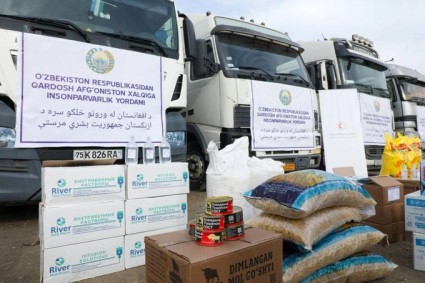The Senate today passed the Public-Private Partnership and the Privatization of Non-agricultural Land Bills at the 19th plenary session.
The first bill establishes the legal framework for public-private partnership (PPP), including rules and procedures, institutional structure, applicable principles and other issues related to PPP.
According to the bill, the validity term of a public-private partnership agreement is up to 49 years.
The bill provides mechanisms for protecting the interests of a private partner and establishes the procedure for monitoring and reporting on the implementation of PPP projects. The mechanisms of financial support for PPPs have also been defined, the main types of which shall be grants and subsidies, tax waivers, deposits in the form of assets, loans, government guarantees and others.
It states that the law shall not apply to PPP deals concluded prior to its taking effect, as well as production sharing agreements.
The senators noted that the law would contribute to the development of the relationship between the state and the private sector to solve socially significant tasks on mutually beneficial terms.
The Senate also passed the Privatization of Non-agricultural Land Bill.
The bill, aimed at fundamentally improving the processes of urbanization in the country, regulates the procedure for the privatization of land plots and the legal status of privatized land plots.
The foreign citizens and legal entities - non-residents of Uzbekistan, as well as stateless persons, shall not have the right to privatize the land.
The law establishes that privatized land plots are private property and objects of civil-law transactions, and the right to own land shall be inviolable and be protected by the state. Funds from the privatization of land plots shall be sent to the Urban Development Fund.
The bill says that seizing of privatized land plot is allowed only:
- if a land plot is levied on the owner’s obligations,
- on the owner's consent, which shall be executed through a purchase contract on equal terms between the parties,
- cases of nationalization solely for state and public needs,
- and as a requisition by decision of the Cabinet of Ministers in cases of natural disasters, accidents, epidemics, epizootic and under other emergency circumstances.
The process of privatization of land should be open and transparent, the bill concluded.
However, the land privatization bill seems to provide few or no guarantees from the current situation, now the state can seize the land for “government needs” at any time. Currently the public don’t own the land, but have at their disposition for permanent use. How can the futrue law prevent the private land from being seized for government needs.















